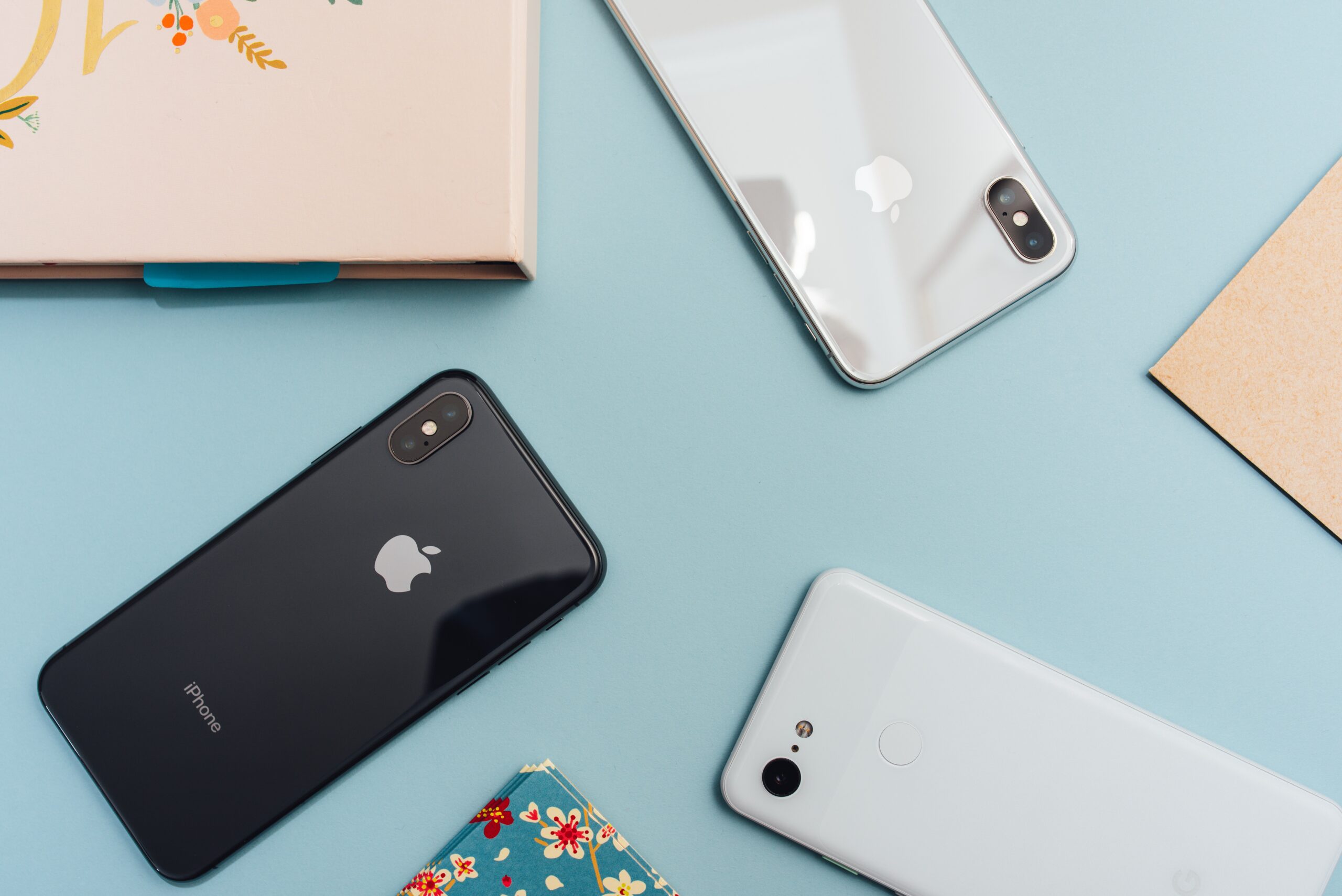
Apple Could Be Getting Rid of Hated iPhone Notch
Rumours are circulating that the iPhone 14 designs are confirmed and one design choice has got people talking; the notch is gone!
What’s the Notch For?
Firstly, keep in mind that Apple isn’t putting the notch just for fun, it’s for housing Apple’s facial recognition system Face ID, which is supposedly more secure than Touch ID.
The wide notch has been a feature of the iPhone since the iPhone X in 2017 and also features on phones from other manufacturers.
Why Get Rid of the iPhone’s Notch?
While the notch does allow for functionality that many iPhone users enjoy, many are fairly quick to voice just how much they hate the actual notch itself.
The iPhone strives for both form and function and users want sleek designs and, ideally, designs that don’t feature a notch taking up valuable real estate that should be for the phone’s screen.
Apple is aware of this and so are its competitors. Samsung notably poked fun at Apple’s designs in their ads. This hasn’t sat well with Apple and they’ve been reducing the size of the notch. There was a 20% narrower notch on the iPhone 13 than its predecessor.
Will the iPhone 14 Be Fully Notchless?
The iPhone 14 is supposedly due out towards the end of 2022 and most likely in September. After all, Apple has released new iPhones in September 3 out of the last 4 years, with 2020’s release delayed into October due to the pandemic.
There was no mention of the iPhone 14 at 2022’s WWDC, but leaks suggest that the design has been finalised and the trend away from the notch is expected to continue.
Rather than the notch design, the new iPhones are expected to go for a “hole” and “pill” design that takes up less space on the screen and is far less intrusive than the widely-loathed notch.
Of course, whether the notch disappears fully, is reduced, or is replaced by a different solution remains to be seen. We’ll only fully know whether any of these rumours are true when the new iPhone releases later in the year.
If the iPhone doesn’t go fully notchless in 2022, the current trends suggest that by 2023, we’ll likely be saying goodbye to it.
Categories
- Android (3)
- Antivirus (1)
- Artificial Intelligence (AI) (20)
- Automobili (6)
- Bitcoins (6)
- Blockchain (8)
- CAREER (18)
- Cloud Computing (15)
- Cybersecurity (28)
- DEVELOPMENT (20)
- Digital Transformation (62)
- EDUCATION (20)
- FINANCE (99)
- HEALTHCARE (98)
- Home Security Systems (2)
- IGAMING (12)
- Internet of Things (IoT) (28)
- Laptops (8)
- NEWS (351)
- Printers (2)
- PRODUCTS (90)
- RETAIL (31)
- Routers (8)
- SECURITY (60)
- Servers (13)
- SERVICE (12)
- Smartwatches (2)
- Storage (2)
- Streaming Devices (13)
- SUSTAINABILITY (56)
